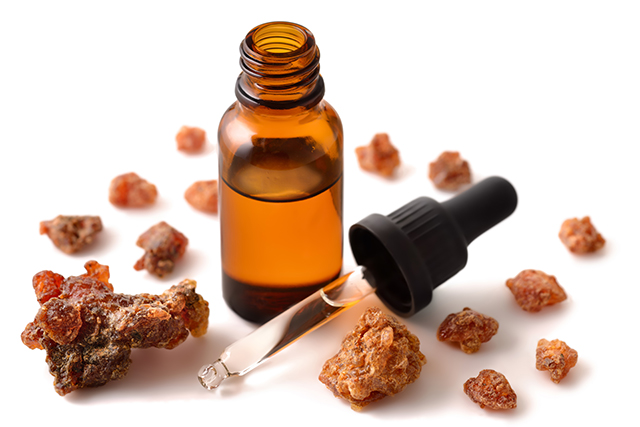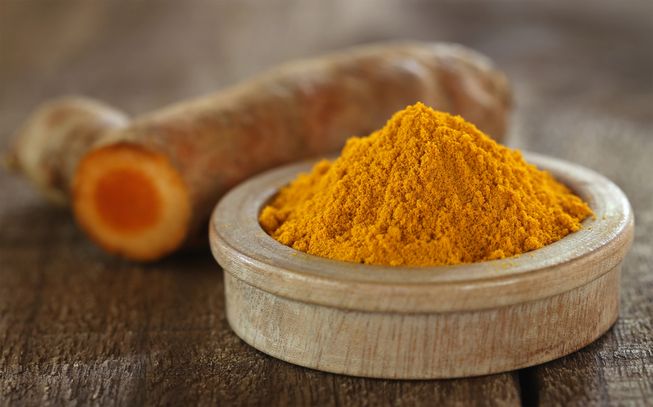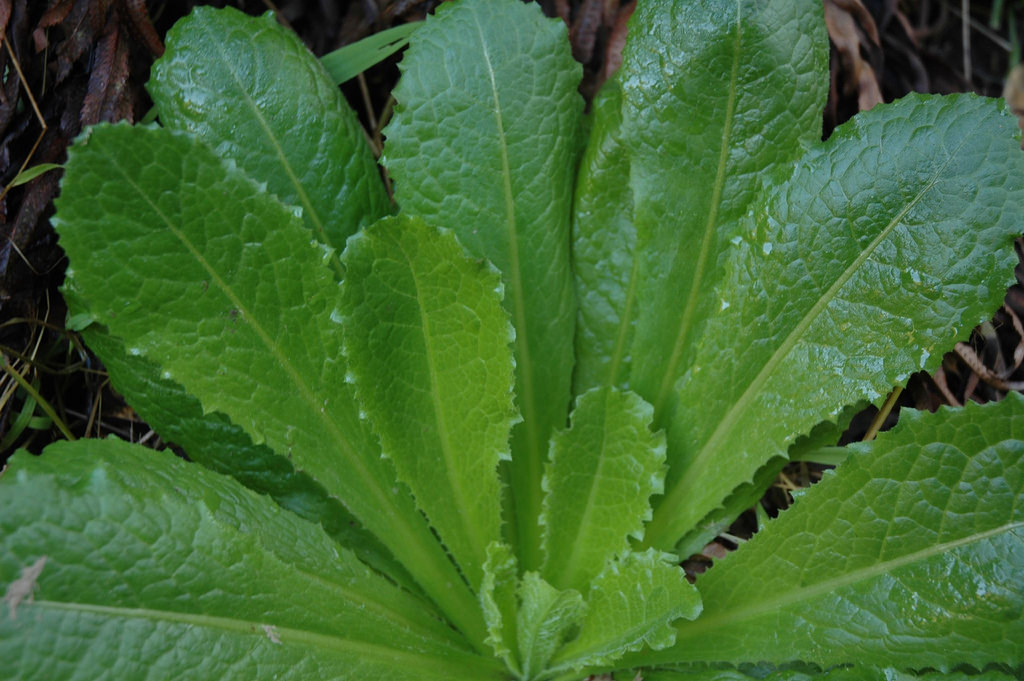
Advertisement
You might think of antibiotics as a creation of modern medicine, but you can’t be further from the truth. Antibiotics have been around for millennia in the form of herbs, spices and essential oils. In fact, most of these can be found even in a modern kitchen.
7 Natural antibiotics you might find in the kitchen
Sometimes, the most potent natural medicines are just sitting in spice racks or soaking up the sun in their little containers in home gardens.
Unlike antibiotics manufactured in laboratories, natural antibiotics are chock-full of nutrients with beneficial properties that promote optimal health and help treat all kinds of illnesses.
But besides being excellent natural remedies, some plant-based antibiotics also make the perfect seasoning for everyday dishes. In fact, these spices are so versatile, you can use them to make teas and detoxifying beverages, or toss them into salads and other recipes!
What’s more, these natural antibiotics also come in the form of essential oils, which are extracted from medicinal plants. Some of these essential oils can be safely ingested or applied directly to the skin to fight microbial infections and help wounds heal.
Natural antibiotics, no matter what form they take (i.e., fresh or dried herbs, essential oils, spices or solutions) are safe for use. And because they’re all-natural, they don’t cause unpleasant side effects, unlike modern antibiotics.
On that note, let’s take a look at some of the most potent natural antibiotics for fighting infections:
Goldenseal
Goldenseal is a healing herb often consumed as a tea or supplement. When combined with echinacea, an immune-boosting herb, it makes a potent common cold remedy. Goldenseal is also well-known as an herbal antibiotic.
To make a soothing herbal tea, steep goldenseal leaves in hot water or boil them with elderberries and echinacea to make a cough syrup. You can also drizzle this syrup over your pancakes instead of store-bought maple syrup.
Pau d’arco
Pau d’arco is an herbal supplement made from the inner bark of trumpet trees, which are endemic to Central and South America. Traditionally, pau d’arco is used to make an herbal tea that can help treat different conditions like arthritis pain, inflammation, ulcers, bacterial infections and certain cancers.
Myrrh
Myrrh, an aromatic, sap-like resin, has been highly valued as a natural medicine since ancient times. In fact, the use of myrrh has been recorded in religious texts like the Bible and the Talmud. Not much has changed since then in terms of myrrh’s health benefits and applications. It is still widely used for its antiseptic, antibacterial and antioxidant properties.
Today, myrrh is used as a flavoring agent. But high doses of myrrh can be toxic, so exercise caution when you use it at home. You can also diffuse myrrh essential oil to create a relaxed and meditative atmosphere for better mental health.
Oregano
Don’t bother cooking up a traditional Mediterranean dish if it doesn’t have a generous amount of oregano. This popular kitchen herb doubles as a potent natural antibiotic. Carvacrol, an active ingredient found in oregano essential oil, can help heal gastric ulcers and inflammation.
Oregano essential oil can also be used as a topical medicine for treating fungal skin infections. What’s more, studies have found that oregano is one of the most effective natural antibiotics against salmonella and Escherichia coli.
Thyme essential oil
Thyme is another popular Mediterranean herb used to season soups, sauces and braises. It is a great addition to dishes that feature potatoes, rice, bread and other foods that tend to soak up flavors.
Thyme essential oil is a common ingredient of all-natural household cleaners. This oil is said to be effective against certain antibiotic-resistant bacteria.
Neem oil
Young and tender neem leaves are perfect for stir-fried dishes. You can also steam them for a perfectly chewy side dish. Neem oil is valued as a potent antibacterial and antifungal agent. Use it to treat bacterial skin infections, head lice and other, more serious skin conditions like eczema and psoriasis.
Anise
Anise, or aniseed, a spice endemic to the eastern Mediterranean region, is often added to cookie doughs, fruit fillings and ground meat because of its rich, aromatic taste. Anise also happens to be a potent antibiotic and natural remedy for an upset stomach, stomach ulcers and high blood sugar.
Many of the herbs and spices in your pantry have natural antimicrobial properties and a long history of use as traditional remedies. These natural antibiotics are just as potent as modern antibiotics, if not more effective at treating infections. And the best part is, these culinary ingredients don’t cause nasty side effects. Find out which natural antibiotics you have in your kitchen so the next time you’re dealing with an infection, you’ll know which natural medicine to use instead of harmful medications.
Sources:
Advertisements







